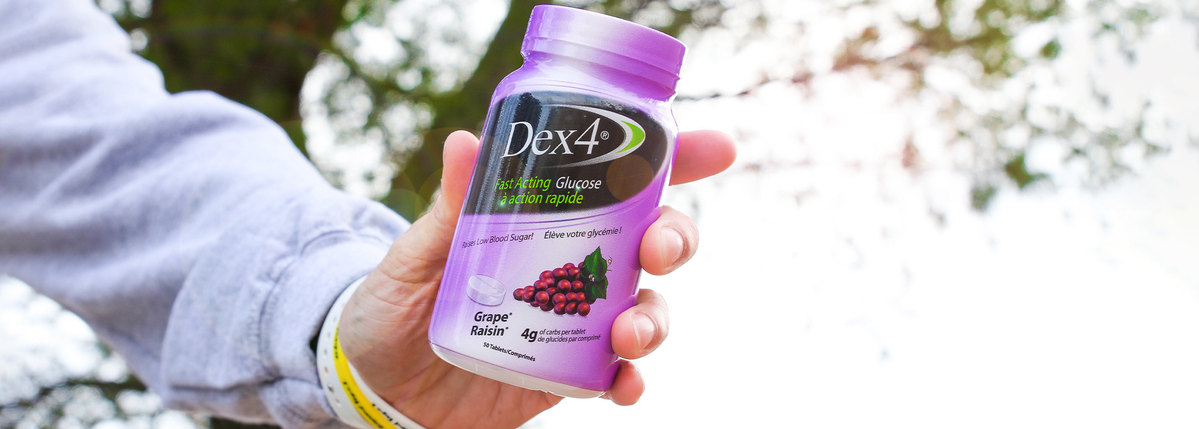As a diabetic exercise trainer.
Food and exercise are doubly important to managing with T2.
Just being nosey, I would like to know how much importance is placed on dietary recommendations.
Do you give advice, cos of having been trained in diabetes nutrition?
For nutrition, I can only speak for myself, but my “ideal world” recommendation is for someone to use a continuous glucose monitor for a few weeks, to get a feel for how they react as an individual to certain foods, and indeed, life stressors.
That of course isn’t always possible, so as a general recommendation, I suggest an inventory of macronutrient intake; which is a poncey way of asking how carb heavy is someone’s diet.
This will generally be a lot higher than many people realise, with bread, rice and pasta quite often making up the bulk of daily calories. This in turn leads to a relative deficit of protein and fats, which for many increases hunger signals.
If a high carb diet is in place, I suggest a gradual reduction in volume (to avoid withdrawal symptoms after what is often decades of consumption), and an increase in protein and fats.
I also suggest a reduction in how often someone eats to control insulin release. Snacking is more often a habit than a need, so I recommend only having actual meals (2-3/day), with no calories in between (so no 1000 calorie hot milk shakes masquerading as a coffee as a comedic example).
Do you have a nutritionist to advise both the patient and yourself?
There’s no nutritionist input where I work, unless a patient asks to see an NHS one, or hires a coach themselves.
Can you give us a sample of what you recommend?
So that some of us, can understand what you do.
And possibly help and encourage us to try more exercise.
With exercise, the “it depends” card gets played from the start, as current fitness levels and exercise history will play a role in what is most appropriate.
I encourage people to not think of exercise (rather than daily activity) as a means to control a daily glucose reading (nor to burn calories), but instead to use it as a plan to build a better functioning metabolism over time.
Similarly, I try to get away from the idea that exercise must either be for a looooong time, or be an all-out, maximum effort. Generally doing less than you “could” do, being more tortoise than hare, allows you to gradually progress as and when you’re able, rather than always be recovering from being overzealous.
If we’re talking about someone who is already active and wants to add in some more structured exercise, then I believe it’s best to monitor and control how hard you’re working, rather than use speeds or levels, as this works with your body, not an arbitrary external target.
A Heart Rate Monitor will act like a rev counter for your body showing how hard your system actually is working. You do have to buy one though, so that’s a downside.
If you can still talk whilst exercising though, that’s generally a good enough guide that your muscles aren’t burning through so much oxygen that all you can do is gulp air in.
Likewise, if you can still breathe through your nose and exercise, that means oxygen demand isn’t outpacing supply.
Initially, 20-30 minutes of such work a few times per week can make a surprising difference without overtaxing your abilities.
Harder work doesn’t have to be death or glory either, as a step up from steady paced work a method called Tempo Intervals (not what distance runners think of when they hear Tempo, this is borrowed from sprinting) with 10 seconds at moderate speed and a minute easy recovery works a charm at 10 – 15 minutes all in.
It doesn’t have to be on foot either, bikes, rowers, cross trainers or swimming will all work here.
The first 7 or so minutes of this video do a better job than I at explaining these methods:
To labour the point, slow, managed progression is always the key, listening to what your body tells you it is capable of on the day, will always get better results than sticking rigidly to a Mystic Meg plan written weeks in advance.
With regards to strength training, an approach that works well, is to spend time learning the movements, with lower repetitions, but moderate loads. This could be doing sets of 5 repetitions, but with a weight you could get more than 12 with, if a lottery win depended on it.
Doing this with exercises that match human movement (push, pull, squat, hinge) a few times a week is a way to add in strength training, allow you to increase your range of motion in that exercise, all without your head turning purple.
Thanks.
Oh yeah!
I was a cross country runner in my teens. 28th in my county.
I played semi pro football.
I played a lot of cricket.
County standard is proper impressive, as is semi-pro football, both take a lot of dedication.
I was a right lazy so and so in my younger days, taking short cuts on school cross country, only jogging when the teacher was around etc.
Alas my condition now, would have my BG levels in rollercoaster numbers all day if I ran or lifted weights, circuit training etc. Strenuous exercise is a big no!
My exercise is the house and garden, chores and such, maintenance.
Daily activity is key for general health really, there have been quite a few studies that show even an hour in the gym 3 days a week doesn’t balance out an otherwise sedentary existence in the long run.
But I have a fifteen minute walk for fifteen minutes, after I have ate.
Much as you said before.
Yep that all adds up, keeping the electronic step monitors happy.
Richard





